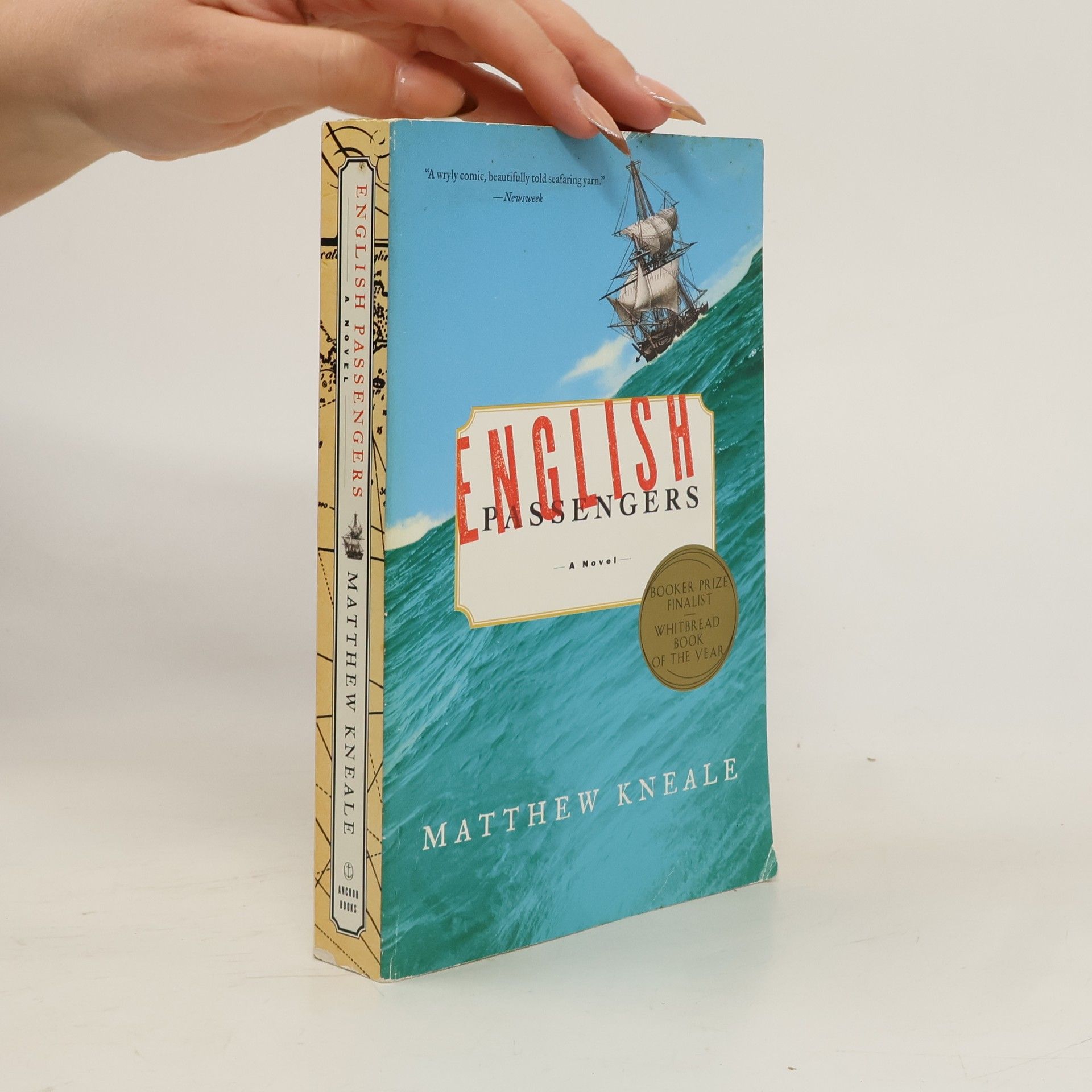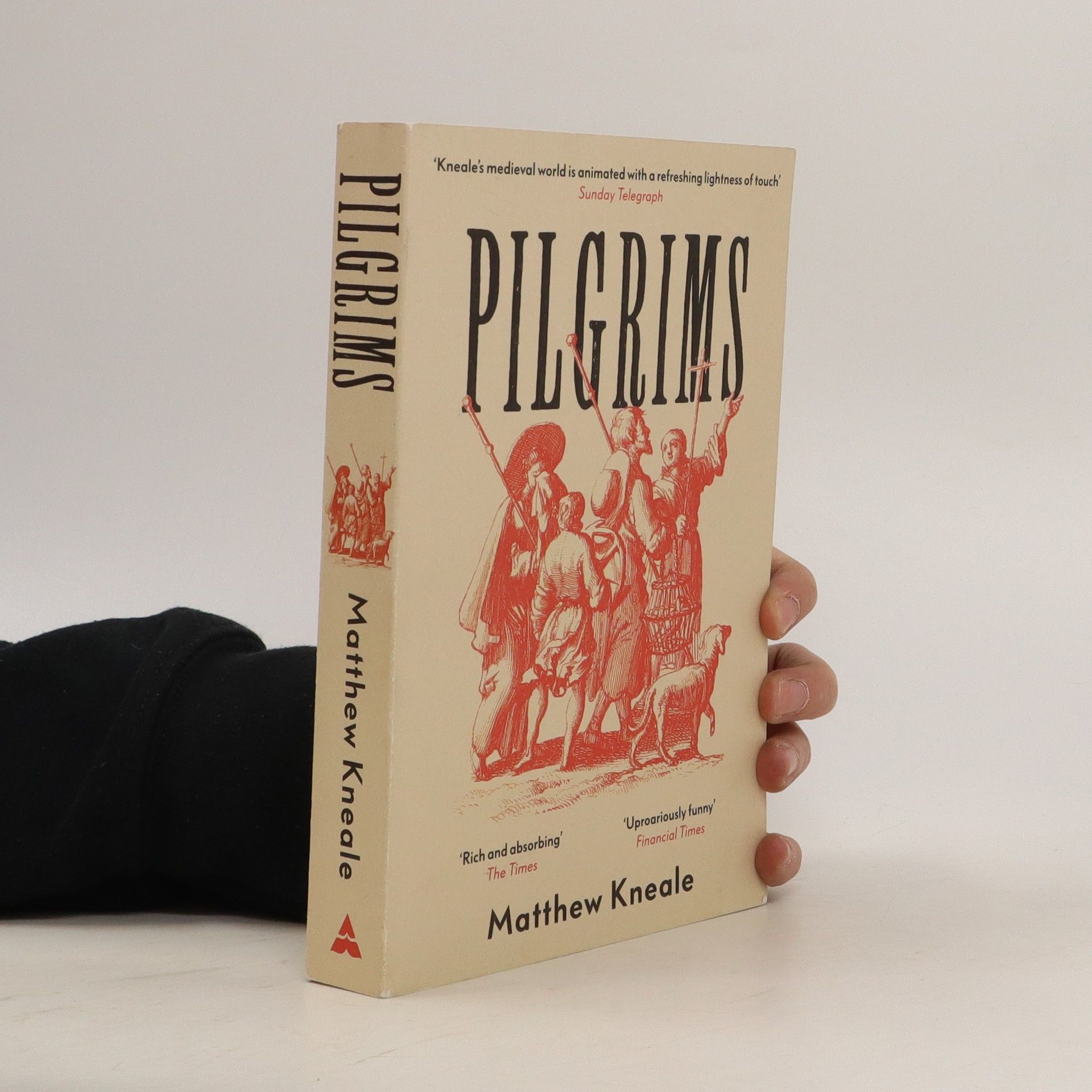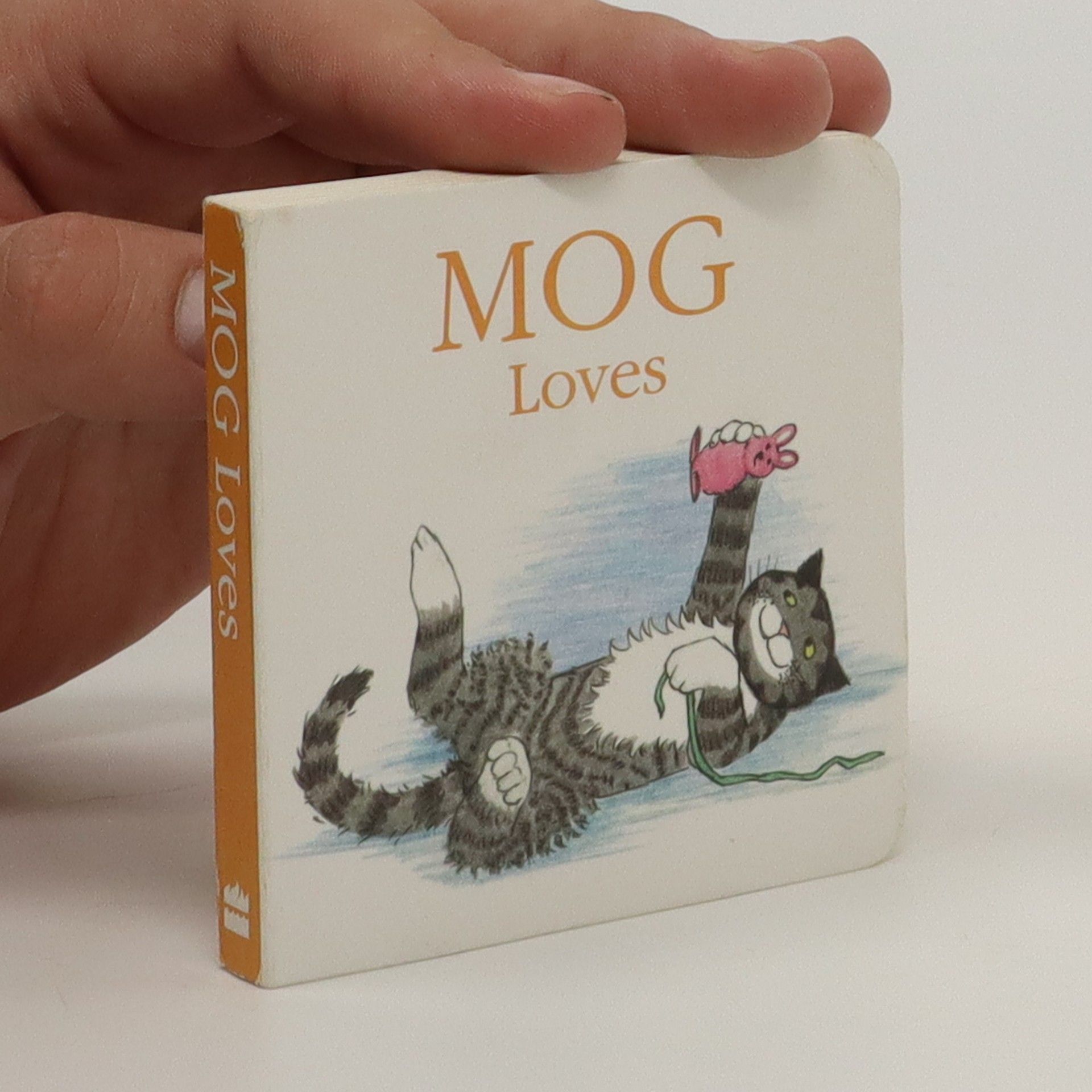In 1857 when Captain Illiam Quillian Kewley and his band of rum smugglers from the Isle of Man have most of their contraband confiscated by British Customs, they are forced to put their ship up for charter. The only takers are two eccentric Englishmen who want to embark for the other side of the globe. The Reverend Geoffrey Wilson believes the Garden of Eden was on the island of Tasmania. His traveling partner, Dr. Thomas Potter, unbeknownst to Wilson, is developing a sinister thesis about the races of men.Meanwhile, an aboriginal in Tasmania named Peevay recounts his people’s struggles against the invading British, a story that begins in 1824, moves into the present with approach of the English passengers in 1857, and extends into the future in 1870. These characters and many others come together in a storm of voices that vividly bring a past age to life.
Matthew Kneale Knihy
Matthew Kneale sa narodil v Londýne v roku 1960 a študoval modernú históriu na Oxfordskej univerzite. Po absolvovaní v roku 1982 strávil rok výučbou angličtiny v Japonsku, kde začal písať poviedky. Kneale je synom spisovateľov Nigela Knealea a Judith Kerr. Jeho literárne dielo sa vyznačuje hlbokým záujmom o historické udalosti a ich dopad na ľudské životy. Vo svojej tvorbe skúma zložité vzťahy medzi minulosťou a prítomnosťou.







Mr. Foreigner
- 160 stránok
- 6 hodin čítania
An East–West culture clash beats at the heart of this wry first novel by Matthew Kneale—author of English Passengers, which was shortlisted for the Booker Prize and won the Whitbread Book of the Year Award.
The Cameraman
- 288 stránok
- 11 hodin čítania
A captivating, thought-provoking road trip through a rapidly changing Europe in the 1930s from the award-winning and Sunday Times bestselling author of Sweet Thames and Rome: A History in Seven Sackings.
A fascinating history of the city of Rome, seen through the eyes of its most significant sackings, from the Gauls to the Nazis and everything in between.
Small Crimes in an Age of Abundance
- 277 stránok
- 10 hodin čítania
From a smugly well-intentioned English family who leave their tour group in china to travel alone, to a ploddingly respectable London lawyer who chances upon a stash of cocaine and discovers it offers the wealth and status he hungers for, to a self-doubting suicide bomber. Kneale transports readers across frontiers in an instant.
The Rome Plague Diaries
- 304 stránok
- 11 hodin čítania
A warm and affectionate portrait of a city and a people under lockdown during the Covid-19 crisis, from the award-winning and Sunday Times bestselling author of Rome: A History in Seven Sackings.
The year 1289. A rich farmer fears he'll go to hell for cheating his neighbours. His wife wants pilgrim badges to sew into her hat and show off at church. A poor, ragged villager is convinced his beloved cat is suffering in the fires of purgatory and must be rescued. A mother is convinced her son's dangerous illness is punishment for her own adultery and seeks forgiveness so he may be cured. A landlord is in trouble with the church after he punched an abbot on the nose. A sexually driven noblewoman seeks a divorce so she can marry her new young beau. These are among a group of pilgrims that sets off on the tough and dangerous journey from England to Rome, where they hope all their troubles will be answered. Some in the party who have their own, secret reasons for going. Matthew Kneale is the author of English Passengers and Rome: A History in Seven Sackings. His new novel, Pilgrims, is a riveting, sweeping narrative that shows medieval society in a new light, as a highly rule-bound, legalistic world, though religious fervour and the threat of violence are never far below the surface. Told by multiple narrators, Pilgrims has much to say about Englishness, then and now.
The man of his family, nine-year-old Lawrence watches protectively over his mother and little sister, especially when, feeling endangered by their estranged father, his mother decides the three of them must leave their life in England to seek refuge in Rome, where, although short of money, they build a new life, until the trouble that brought them to Italy returns. 20,000 first printing.
Sweet Thames
- 320 stránok
- 12 hodin čítania
An engineer's obsessive quest to find the cause of a cholera epidemic takes him on a journey from the glittering cafes of Haymarket to the crime-infested slums of London. What he finds there, amid the poverty and death, shatters his ideals and strikes at everything he holds dear.



